Why you need to run a Bitcoin Node
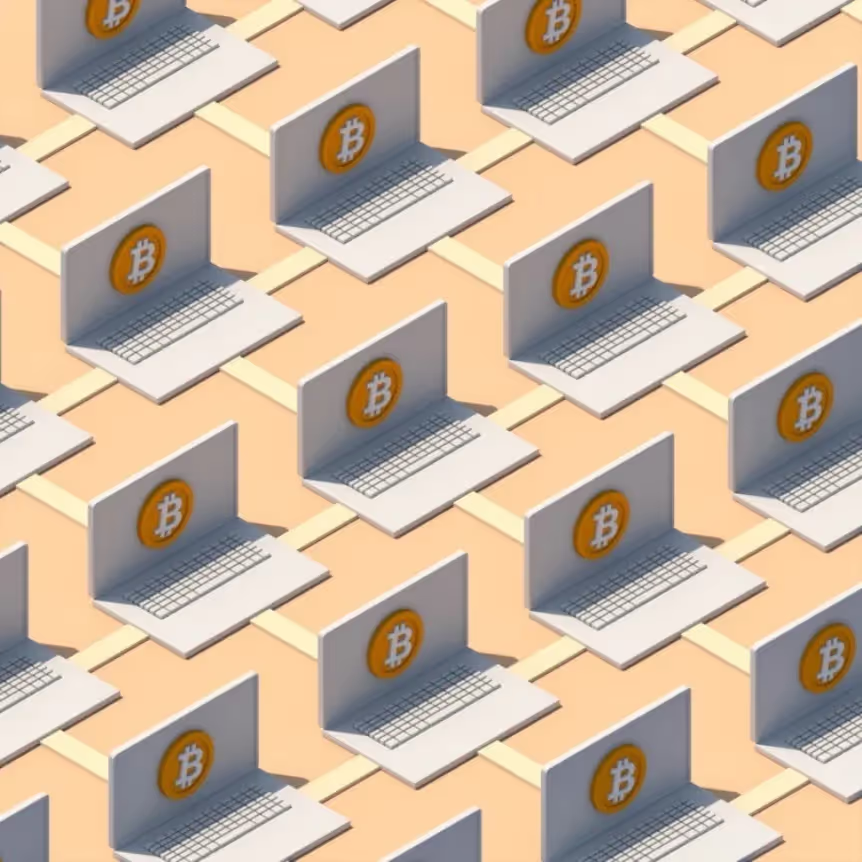
In this article:
Protect the Network, Protect Yourself. Run a Bitcoin Node
Becoming self-sovereign is a journey, not a destination. One of the best ways to start this journey is by buying Bitcoin and moving it to cold storage. This allows you to allocate your wealth into a currency that central banks can't debase and eliminates the need to rely on third parties for security. If your goal is self-determination, reducing dependence on a coercive financial system rigged against you is essential.
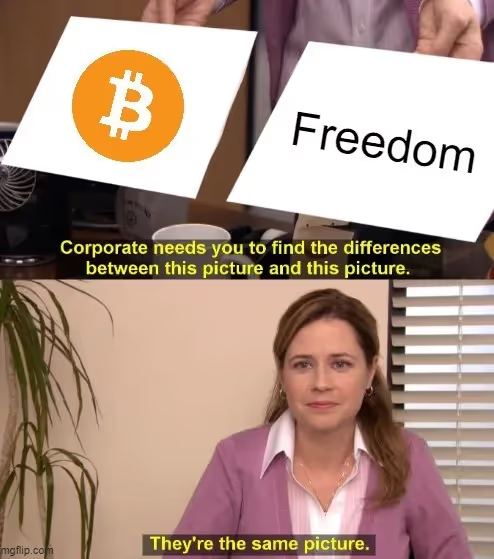
But is acquiring Bitcoin and transferring it to cold storage sufficient? Or should you aim for more? If your goal is pure financial freedom, the answers are clear: No, merely holding Bitcoin in cold storage isn't enough to achieve 'self-sovereignty.' Yes, you can take further steps to minimize reliance on third parties and ensure that you alone have control over your financial activity.
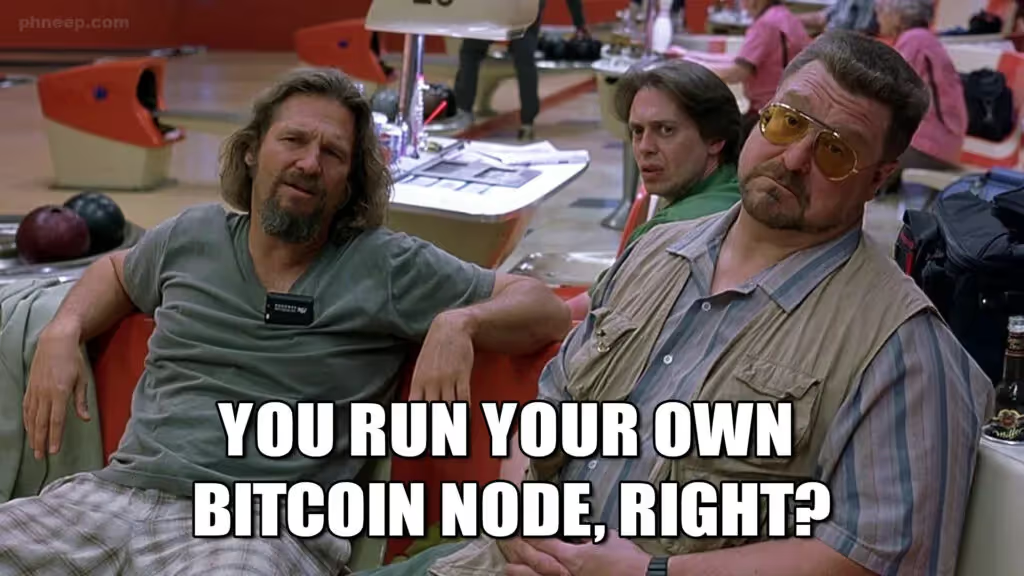
To advance in your pursuit of financial freedom, it's not enough to merely buy and hold Bitcoin; you should also become part of the network itself by running your own node. In today’s article, we'll explain why this step not only safeguards Bitcoin's network but also protects your wealth, privacy, and sovereignty. Read on to discover why free individuals run nodes.
What is a Bitcoin Node?
Nodes are vital components of Bitcoin's design, ensuring decentralized operation without reliance on a central authority for transaction validation. Anyone can run a Bitcoin node, performing crucial functions.
Bitcoin nodes download and host the entire blockchain, updating it with new blocks and transactions as they propagate. This decentralized storage of transaction history ensures network accuracy without a single point of failure.
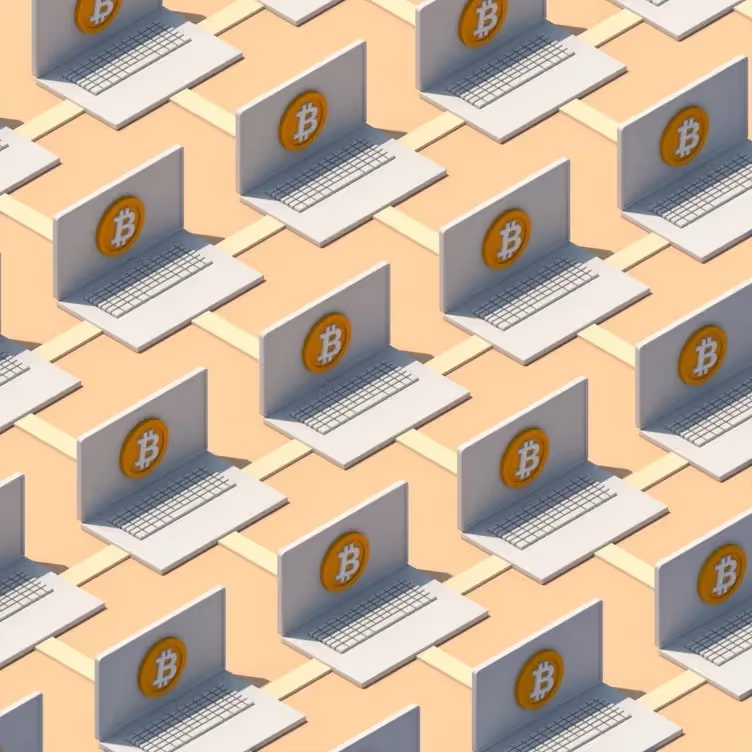
Beyond just hosting and recording the transaction history of the network, Bitcoin nodes also act as validators and enforcers of Bitcoin’s consensus rules. In practical terms this means they are the ones that ensure nobody can cheat the system. If for example a miner proposes a new block that contains an invalid transaction like a ‘double-spend’, or a new block without the correct ‘proof-of-work’, then Bitcoin nodes will simply reject them for breaking the rules. This is what helps keep all actors on the Bitcoin network ‘honest’ and prevents fraudulent transactions.
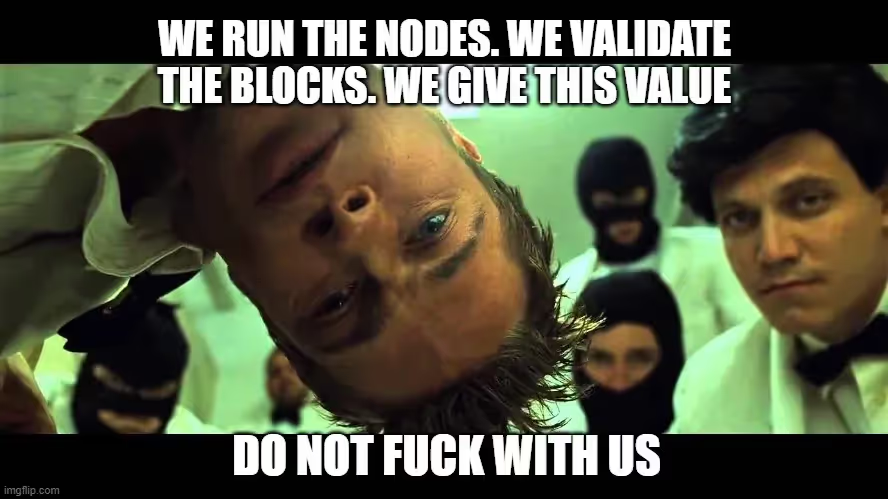
It's also important to note that Bitcoin nodes don’t just blindly adopt rules that are prescribed to them. Instead, they each have the power to choose independently which rules they do or don’t enforce. This is essential in protecting the network from malicious actors and powerful vested interests who might seek to change how Bitcoin works. If any group of developers try to push a change or upgrade on the network, it won’t get adopted unless the majority of nodes agree to run that new piece of code.
Why You Should Run a Bitcoin Node
It would be easy to think then that running a Bitcoin node is just some sort of altruistic endeavor on behalf of the network, or a fun side quest for hobbyists. The reality however is that running your own Bitcoin node bestows upon you a whole plethora of benefits that protect your privacy, improve your security, and help you take another big step toward financial freedom.

The reason for this is simple. If you aren’t running your own node, then whenever you interact with the network you will need to connect to and rely on someone else’s. This is far from ideal. Bitcoin was designed to be a trust-less system. If you aren’t running your own node and instead rely on someone else’s, then you are reintroducing the need for trust. You are dependent on the information you are sent from a 3rd party being accurate rather than verifying things for yourself.
Bitcoin - Don’t Trust, Verify
You will have heard the phrase “Don’t Trust, Verify”. It’s a mantra that serves as a powerful reminder that Bitcoin allows YOU to be in control. You no longer need to accept anyone else’s version of the truth; you can now verify things yourself.
Running a full Bitcoin node is how you do that. Rather than relying on a third party to tell you that the transaction you just received is valid, a Bitcoin node allows you to verify this for yourself. You can validate that you were sent genuine Bitcoin, on the correct chain, how many confirmations the transaction has, and whether everything is following the consensus rules of the network.
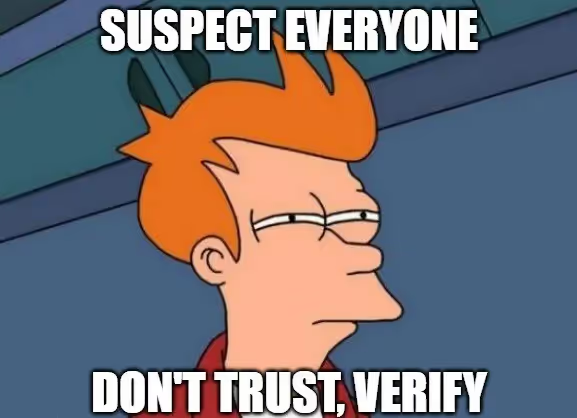
This can have important practical implications. Let’s say for example that you are running an online store that sells items in exchange for Bitcoin. Instead of trusting a third-party that the customer’s transaction has confirmed before you ship your products, you can check for yourself using your own node. This removes any risk that you ship products without first receiving a valid and confirmed payment.
Running your own node and verifying things yourself allows you to know with absolute certainty what is going on and that you aren’t being fed misleading or inaccurate information. Having that level of certainty is an essential step on the journey to achieving financial self-sovereignty.
Enhance Your Privacy & Security
The legacy financial system provides you very little privacy. To open a bank account, you will have to provide countless forms of Government ID and under the guise of AML and KYC regulation, every transaction you make will be tracked and monitored. Bitcoin improves on this by making the data you choose to share about your financial activity voluntary. You don’t need to provide your name or any personally identifiable information to be able to transact freely on Bitcoin’s network.
If your goal is to achieve better privacy while using Bitcoin, its essential that you run your own node. If you choose to rely on third party nodes instead, then it’s important to understand that you will reveal a lot of critical information about yourself and your finances in the process.
When you connect and transact via someone else’s node you will be sharing your extended public key (xpub) and your IP address. This can reveal things like how much Bitcoin you hold, which addresses you have generated and all the transactions you have made. If your identity can be linked with your IP, you also may reveal who you are. This not only significantly erodes your privacy but also threatens your security. Revealing how much wealth you hold in Bitcoin can mean you become a target for theft or extortion.
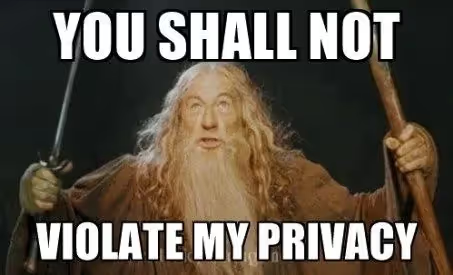
Instead, if you connect to your own node and broadcast your own transactions, then all this critical data never leaves your computer. Not sharing your xpub with third parties puts you back in control over what information you reveal and who you reveal it to.
There are also other privacy advantages to storing your own version of Bitcoin’s blockchain locally. We all know the experience of wanting to look up the status of a transaction and are probably quite used to using block explorers to check for confirmations. The problem with this however is you are again leaking information about your activity and potentially connecting your IP address and identity to your Bitcoin stack. If you run your own node, you can instead check the status of transactions locally and privately.
Not Your Node, Not Your Rules
As explained earlier, nodes don’t just verify that consensus rules on the network are being followed. They also play an important role in enforcing them. As a node runner you gain a lot more control over the software you run and the rules you choose to follow. This is useful to protect you from malicious attempts to change Bitcoin’s design that you don’t support.

A good example of this working in action happened in 2017, when a vocal group of miners decided that the best way to scale Bitcoin would be to increase the blocksize to include more transactions per block. This was controversial as most participants on the network were not comfortable with the trade-offs. Making blocks larger would result in a bigger blockchain that would eventually result in only large data centers having the capacity to store it. This would make the network more centralized and reliant on powerful third parties and was not a popular proposal.
The result of this disagreement was a contentious hard fork. Those who supported bigger blocks would signal that preference, whilst those against it would reject the change. The result was that the ‘big blockers’ were forced to fork away from Bitcoin’s original ruleset and create an entirely new chain and altcoin called ‘Bitcoin Cash’ (BCH). To cut a long story short, despite support from prominent voices and wealthy influential miners, Bitcoin Cash paled into insignificance. Almost all economic activity remained on Bitcoin’s original chain.
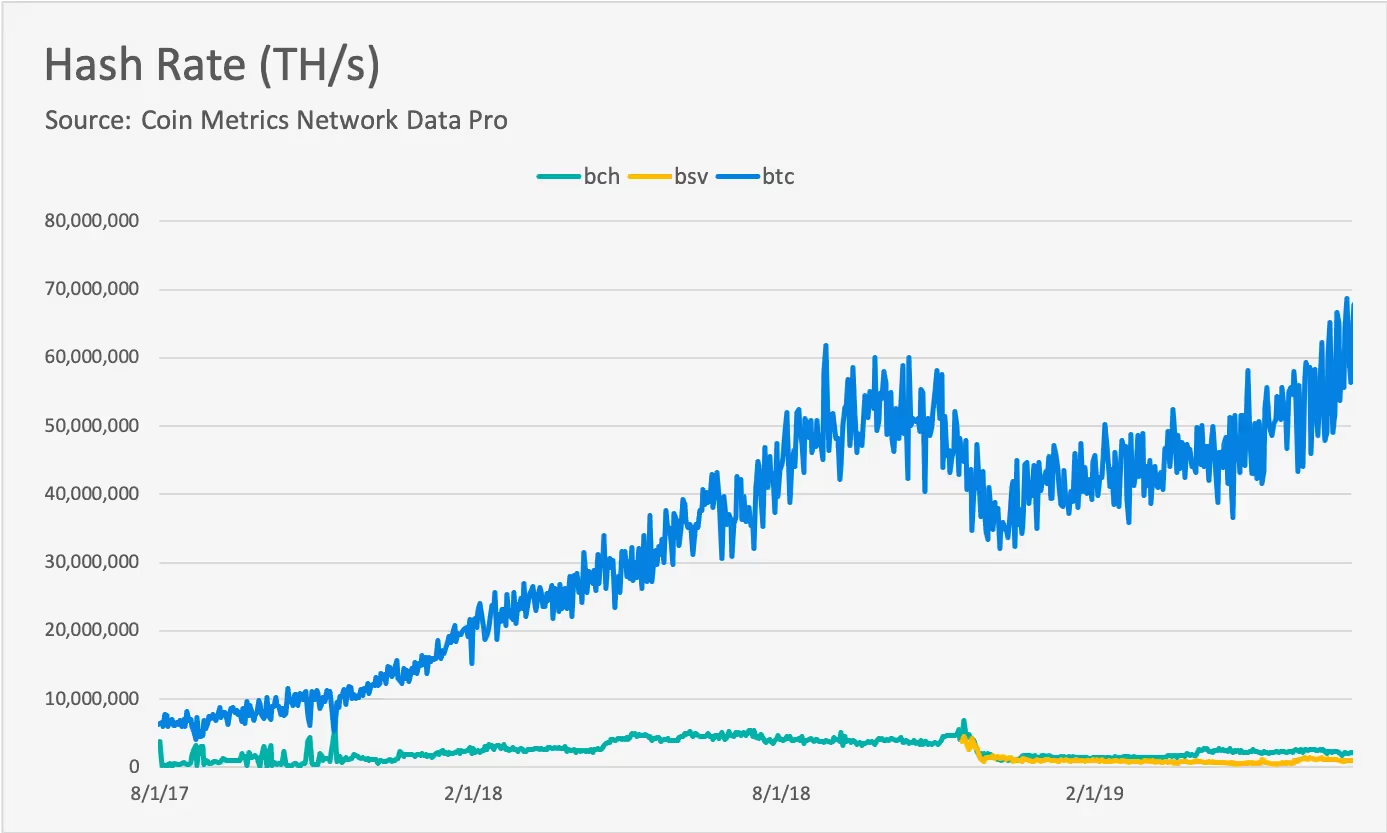
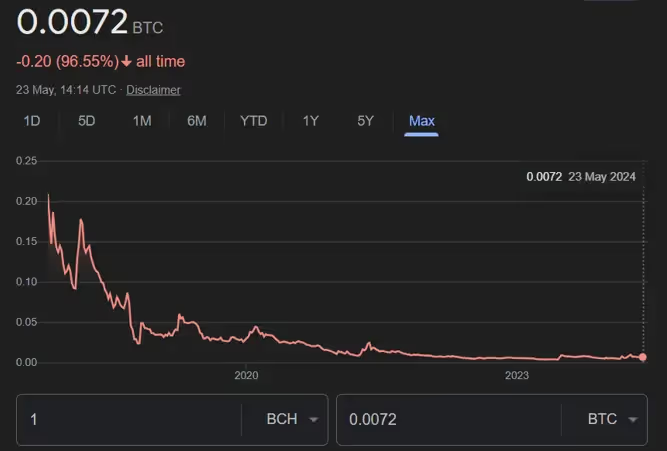
The point here is that nodes hold significant sway over what changes can or can’t be made to Bitcoin and perform an important function in preventing powerful vested interests from making changes that the rest of the network doesn’t agree with. By running your own node, you gain the ability to determine for yourself what software you are going to run.
Become a Bitcoin Noderunner
As you can see, running your own node means you get to use Bitcoin as it was initially intended, without relying on any third parties to validate or broadcast your transactions. A bitcoin node is a powerful tool that allows you to engage with the Bitcoin network directly and verify everything for yourself whilst protecting your private financial information.
Given all these amazing properties you would be forgiven for thinking a Bitcoin node is some tremendously complicated machine that can only be understood by those with an advanced Physics degree.

Thankfully, this couldn’t be further from the truth. A full Bitcoin node is a powerful tool, but don’t let this lure you into thinking that it can’t be straightforward or accessible. A bitcoin node is not some other worldly machine from another solar system. It’s just some software running on a computer. Think about all the different pieces of software you have had to learn and get to grips with over the years, this is just more of the same. Don’t be intimidated.
You will have some choices to make along the way like what hardware you want to use, and which software implementation works best for you, but once you start, you will quickly get comfortable.
If you’re ready to take the next step on your journey toward financial freedom we can help you get your node up and running in no time and show you how to use it. Instead of fighting through online tutorials we have the expertise to train you one on one and make sure you get everything right first time. Do yourself a favor…..
